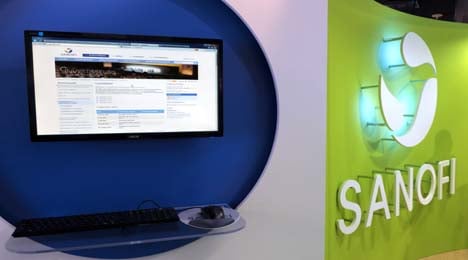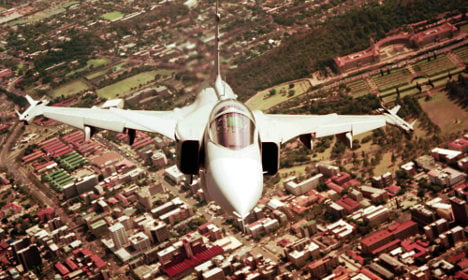The joint investigation will probe claims in China's 21st Century Business Herald newspaper purporting to show that company staff paid 503 doctors in 79 hospitals bribes totalling 1.69 million yuan in a bid to increase sales.
The paper, citing documents provided by an anonymous whistleblower, said Thursday that in 2007 Sanofi paid doctors 80 yuan ($13) every time a patient bought its products, with the largest payment being 11,200 yuan.
Most of the payments were made to medical staff in hospitals in Beijing, the commercial hub of Shanghai, the southern city of Guangzhou and the eastern city of Hangzhou, and were listed as "research expenses", the report claimed.
The Beijing municipal health bureau will coordinate with the disciplinary authorities to investigate the case, a spokesman told state news agency Xinhua, it reported Saturday.
Sanofi said Thursday that it took the allegations "very seriously".
"We have zero tolerance to any unethical practice," it said in a statement.
"Sanofi has established processes in place for reviewing and addressing such issues in a manner that is consistent with our legal and ethical obligations."
The allegations come after four executives from British drug firm GlaxoSmithKline (GSK) were arrested last month for alleged bribery and other offences.
China's top economic planner is currently investigating 60 foreign and domestic pharmaceutical companies over their prices.



 Please whitelist us to continue reading.
Please whitelist us to continue reading.
Member comments